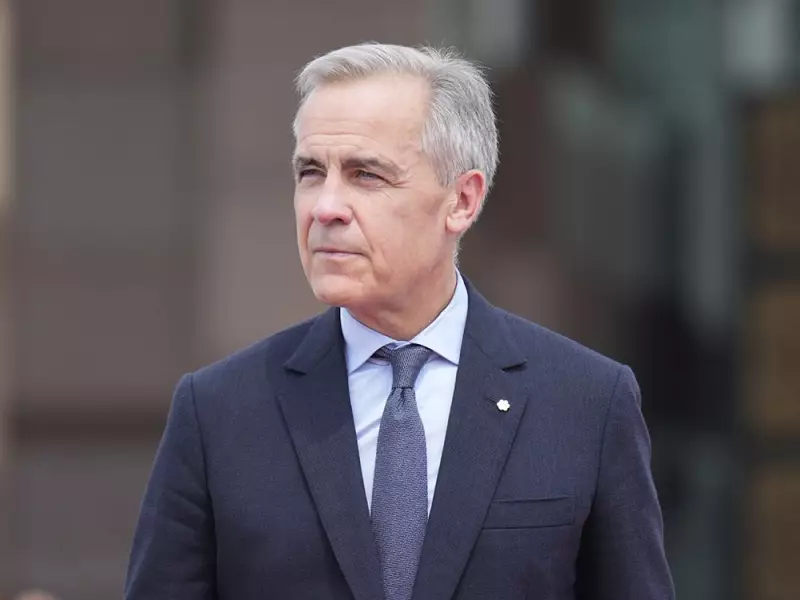
Canada may be on the brink of a financial transformation so significant it could redefine the nation's economic landscape for years to come. According to political insiders, Mark Carney, the former Bank of Canada governor, is quietly engineering what some are calling a 'budget by stealth' that could dramatically alter how Canadians manage their finances.
The Architect Behind the Scenes
While Chrystia Freeland remains the public face of Canada's financial leadership as Finance Minister, sources suggest Carney has become the de facto architect of the government's economic strategy. His influence extends far beyond typical advisory roles, with insiders describing his involvement as 'unprecedented for someone outside elected office.'
What Makes This Budget 'Draconian'?
The term 'draconian' isn't used lightly in financial circles. Here's what experts fear might be coming:
- Major tax reforms targeting high-income earners and corporations
- Significant spending cuts to existing social programs
- New regulatory frameworks that could reshape entire industries
- Climate-related financial measures with far-reaching economic consequences
The Stealth Strategy Explained
Rather than announcing sweeping changes in a single, high-profile budget announcement, the government appears to be implementing its agenda through multiple smaller measures. This approach allows substantial policy changes to fly under the radar of public scrutiny, potentially minimizing political backlash while achieving transformative results.
Why This Matters for Everyday Canadians
While the details remain closely guarded, financial experts warn that these stealth measures could affect everything from retirement planning to daily expenses. The cumulative effect of these incremental changes might ultimately represent one of the most significant shifts in Canadian economic policy in decades.
As one senior government official noted anonymously, 'When you connect the dots between various announcements and policy tweaks, you see a much larger picture emerging—one that many Canadians might find surprising, if not concerning.'
The Political Implications
The involvement of an unelected official in shaping such fundamental policy raises important questions about democratic accountability. Critics argue that major economic decisions should be made through transparent, democratic processes rather than orchestrated behind closed doors by appointed officials.
With the next election looming, how this budget strategy unfolds could determine not just Canada's economic future, but the political fortunes of those currently in power.





